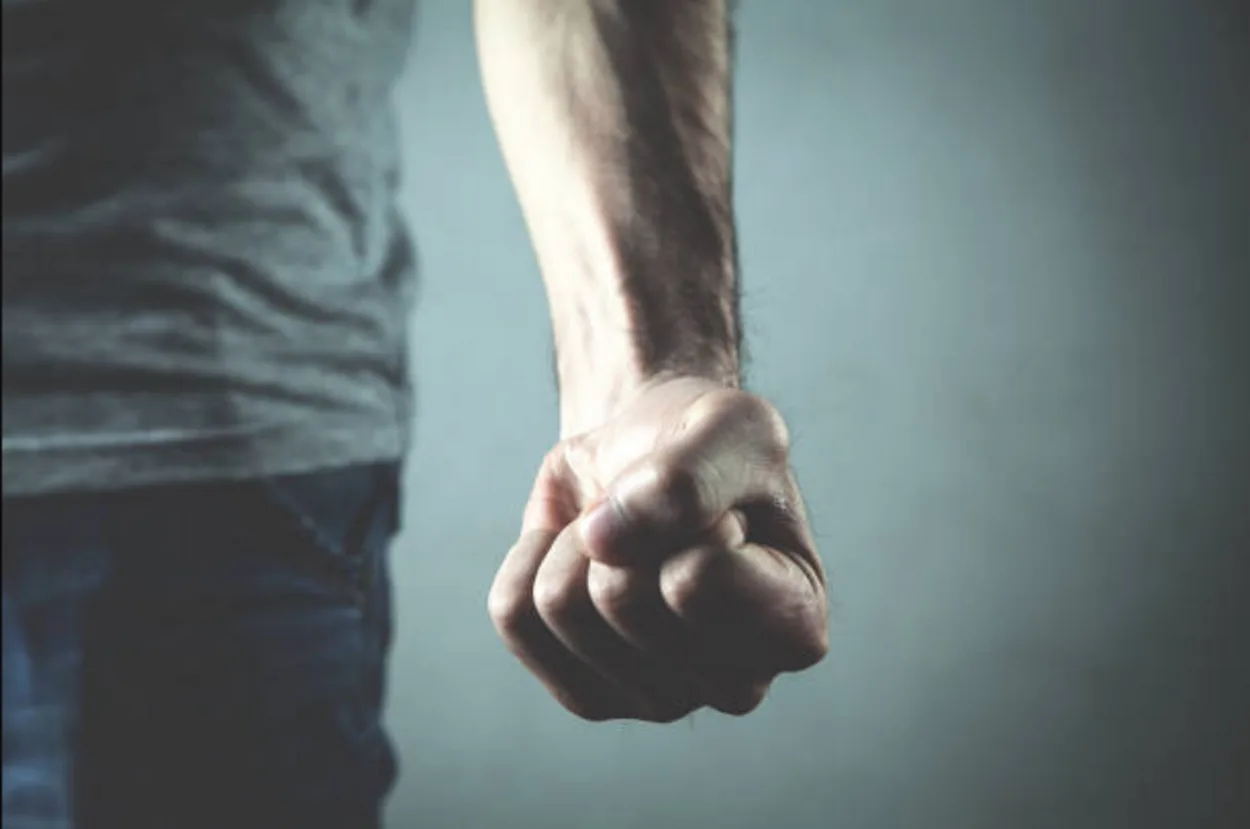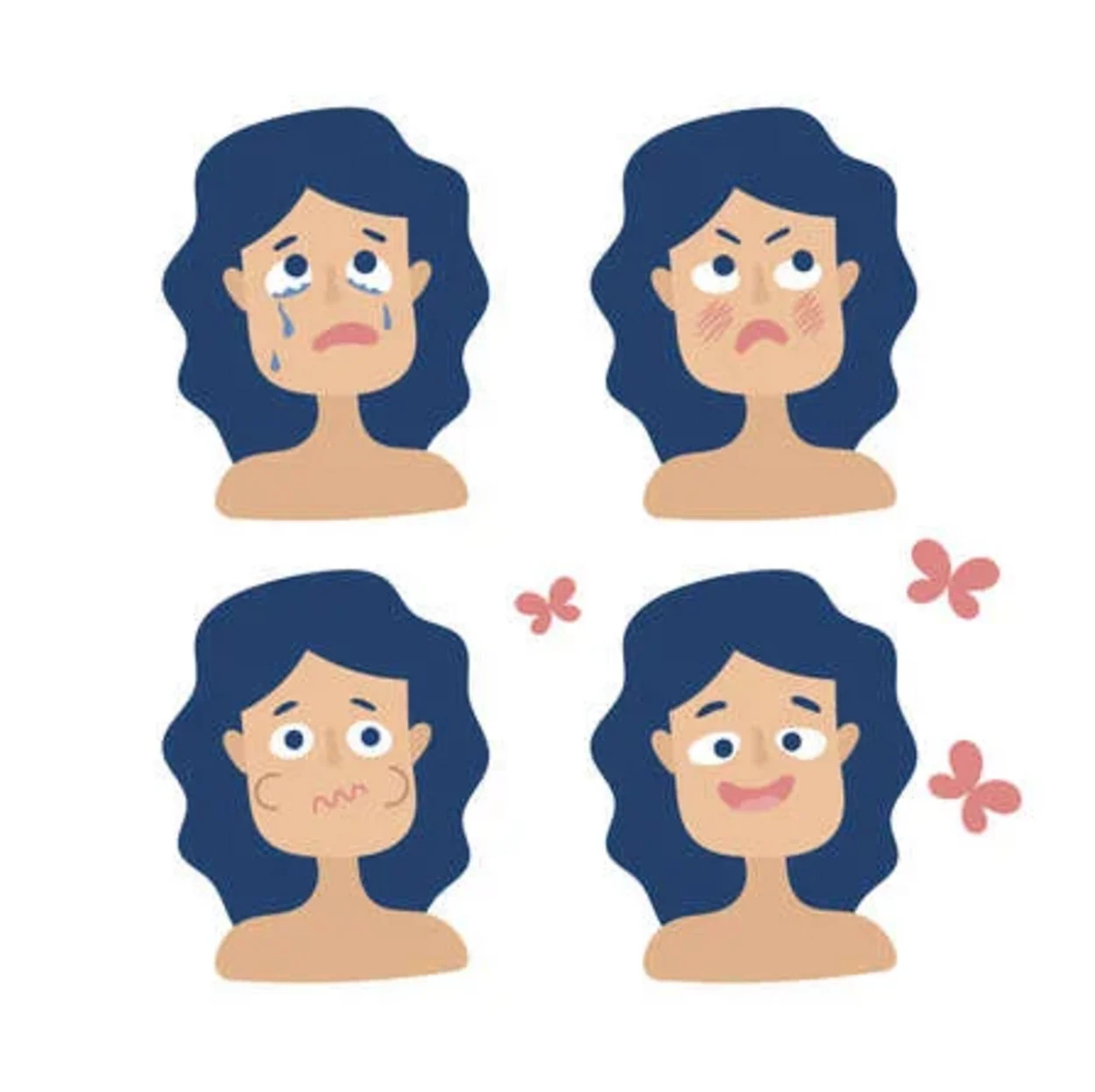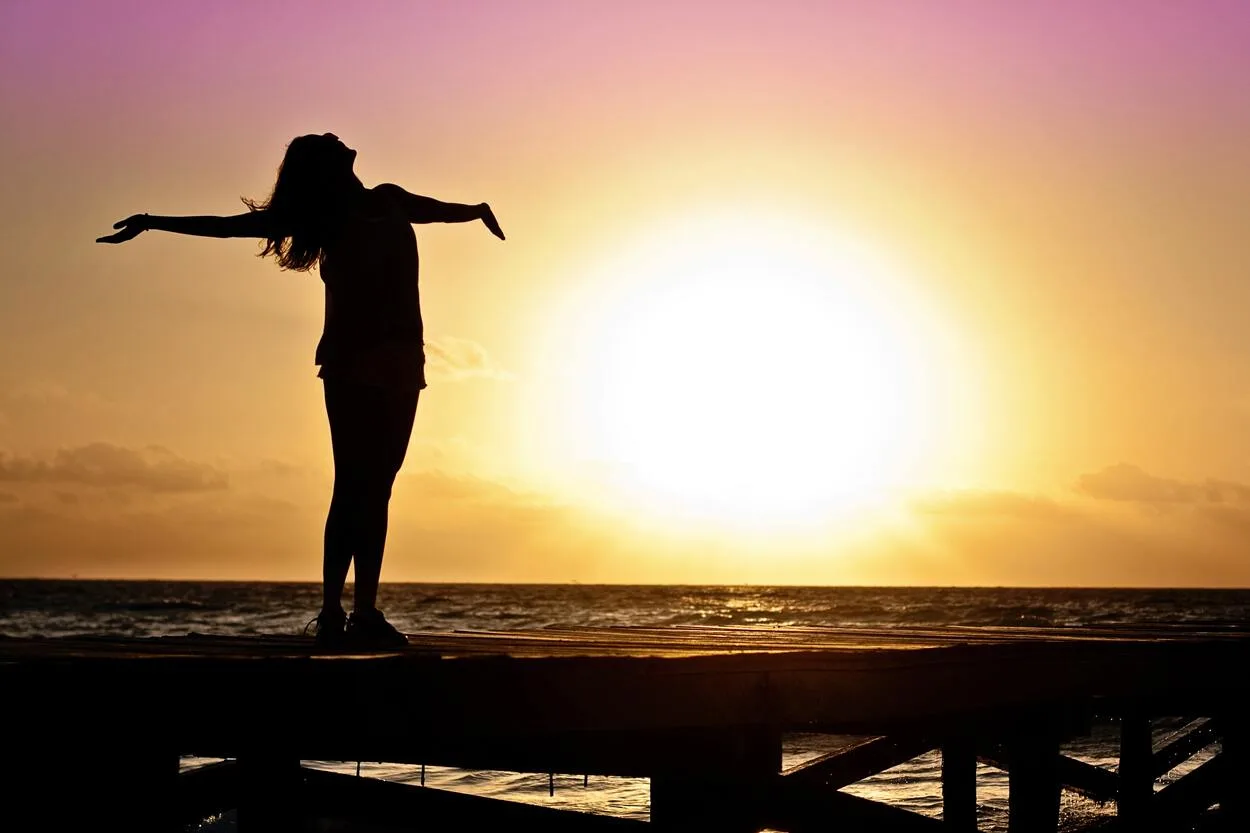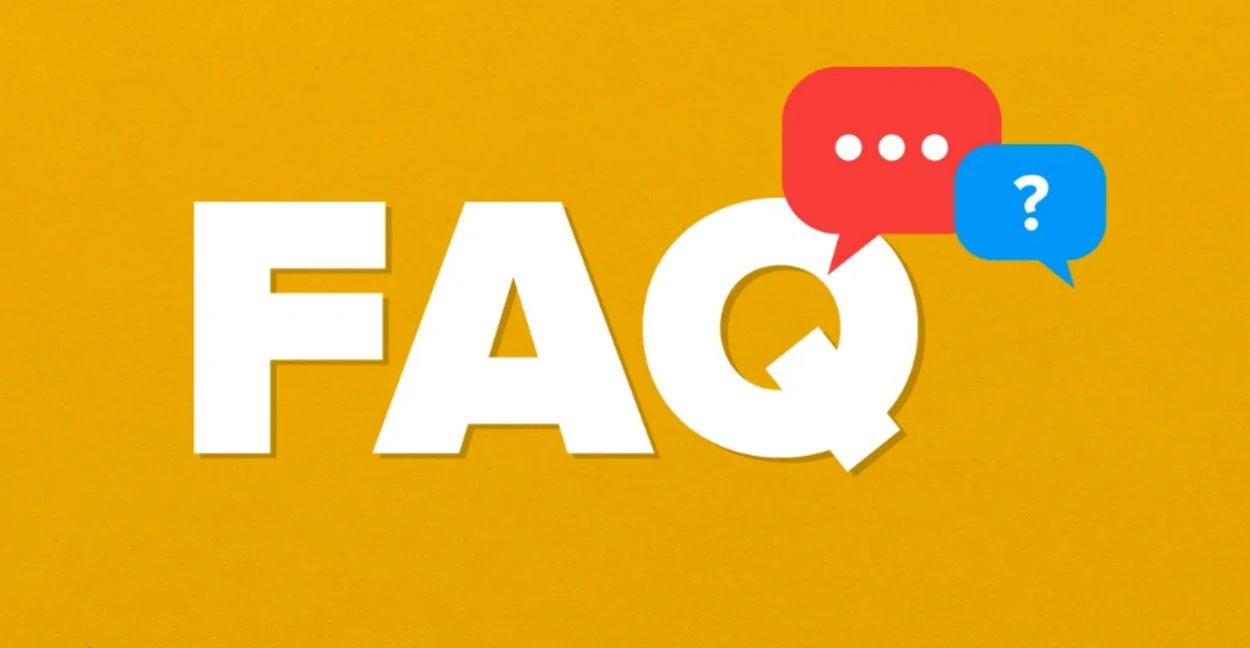Over the past few decades, the popularity of energy drinks has increased. According to recent studies, mental health problems and the use of energy drinks may be related.
Now let’s look into this matter a bit deeper.
Contents
Do energy drinks make you anxious?
Caffeine-containing beverages, such as coffee, tea, and energy drinks, might make people feel more anxious. According to research, those who drink more than 200mg of caffeine daily are more likely to experience the impacts. Both the peripheral and central neurological systems have adenosine receptors that are activated by caffeine.
Are There Anger Problems With Energy Drinks?

Unfortunately, drinking too many energy drinks might cause anger management issues.
Caffeine, one of the main components in energy drinks, can alter one’s mood when consumed in large quantities.
But don’t let this information discourage you. As long as you drink energy drinks in moderation and are usually healthy, you shouldn’t worry about mood swings or attitude issues being caused by them.
According to research, using energy drinks is associated with suicidal thoughts, despair, and poor sleep. This poll also shows that people who eat junk food are more likely to have mental health problems.
Additionally, according to this study, consuming energy drinks is bad for you and is closely related to mood swings, especially if you do it frequently.
Describe mood swings.

An abrupt or considerable change in one’s emotional state is referred to as a mood swing. Someone’s mood might abruptly shift from happy and enthusiastic to melancholy, impatient, or furious.
Typical factors that lead to mood fluctuations include:
- Stress
- Not getting enough sleep
- Change in lifestyle
- Too much traveling
- Unhealthy diet
- Hormonal issues
- Allergies
Can Energy Drinks Make You High?
Energy drinks can indeed cause you to feel elevated. Caffeine and other stimulants included in energy drinks can make a person feel more awake and motivated. Additionally, some people may develop negative side effects including nervousness, anxiety, and heart palpitations. Energy drinks can be harmful and even fatal in big doses.
The most widely used psychoactive substance worldwide is caffeine. More than 500 mg of caffeine per day (or 500 mg in a single session) can have several negative effects, including anxiety, palpitations, migraines, muscle twitching, and digestive issues.
The South American plant, “Guarana”, contains significant amounts of caffeine, theobromine, and theophylline. Kola nuts, Yerba-Mate, Coca, Ma-Huang, and Guarana are examples of Lonicoloid plants.
Why do energy drinks give you a good feeling?

They can concurrently trigger the release of “pleasure-reward” neurotransmitters and stress neurotransmitters along with caffeine and substances like ginseng, adrenaline, and guarana.
Caffeine is a cunning medicine that temporarily inhibits the routes of adenosine, a chemical that affects how fatigued we feel, giving you a jolt while enabling the production of “feel good” chemicals like dopamine. Your mental clarity and self-confidence have both increased.
Your body releases dopamine and other happy-making chemicals when you consume stimulants like caffeine.
Energy Drinks Negative Effects
Energy drinks have many acknowledged advantages, but they also have significant disadvantages and negative effects that are related to the quantity and quality of energy drinks you consume.
When drunk in moderation, energy drinks are not hazardous for you, but when consumed in excess, they can be harmful to your health.
The main elements in energy drinks that might harm your health are their levels of sugar and caffeine. Therefore, it is more probable that you won’t have any adverse effects from energy drinks if you are mindful of your regular consumption of caffeine and sugar.
Since caffeine is the main component in energy drinks, consuming too much of them can lead to the same health issues as consuming too much coffee.
The following are some of the negative effects of using energy drinks in excess:
- Elevated heart rate
- Higher stress-level
- Body-twitching
- Difficulty sleeping
- Restlessness
- Frequent urination
Furthermore, if alcohol and energy drinks are combined, these negative effects are probably going to get worse. Teenagers and young adults are notorious for combining alcohol and energy drinks, leading to inebriation and endangering their health.
Teenagers should not engage in this behavior, and their parents and instructors should raise awareness of it. Due to alcohol-infused energy drinks, some teenagers have required hospitalization.
Cardiovascular conditions
One of the most crucial things to consider when consuming energy drinks is the potential impact on your heart. If you’re not cautious, excessively guzzling energy drinks might have deadly repercussions, according to the Journal of the American Heart Association: “It could be playing some cruel tricks on our hearts, leading to emergency room visits and even death.“
Full with sugar
An energy drink’s serving size ranges from 25g-39g of sugar. Large sugar intake has been linked to:
- Jitters
- Sleep disturbances
- Dental issues
- Obesity
Weight gain
Due to their high Vitamin-B content, energy drinks might be beneficial for working out, but if you merely consume them and relax on the sofa, they can have the opposite impact. If you’re not cautious, the high levels of sugar and calories can creep up on your body and cause unintended weight gain.
Addictive
Energy drinks, especially those marketed to youngsters, may be extremely addicting. Teenagers who consume a lot of sugar are more likely to develop an addictive personality, which might open the door to using other drugs.
Benefits Of Energy Drinks
Energy drinks may calm people as well as aid in reducing anxiety and tension. Additionally, they can sustain or elevate mood even when performing mentally taxing or exhausting jobs.
More Energy
The two main components of energy drinks are caffeine and sugar. Your mind and body are charged by the combination of these nutrients, enabling you to stay alert and energized during a long day. You can effectively do your assignment when you’re motivated.
Makes You Feel and Act Better
When you’re feeling energized, you’ll think you can accomplish anything. Positive interactions with your friends and family will result from getting rid of the sluggish and cranky attitude.
Boost Exercise Performance
Vitamin B is a key component of energy drinks and is utilized to fuel your body. Drinking an energy drink can improve your performance and endurance during a workout.
Calorie-Free Options
There is a healthy alternative that has the same impact as those that contain sugar and calories while limiting weight gain and sugar consumption.
Taking an energy drink in large quantities has both advantages and disadvantages. It depends on how you choose to drink, though. These health impacts shouldn’t be too concerning for casual consumers. It might be dangerous, though, if you decide to abuse the use of energy drinks.
The Pros And Cons Of Energy Drinks
Drinking energy drinks can be quite helpful for those who are always worried or exhausted. Like everything else, having too much of a good thing may be detrimental.
Studies have revealed that energy drinks make consumers feel more stressed and anxious. In addition to addressing them, some have said that it can help them manage their anxiety and sleeplessness.
Energy drinks might be advantageous, but they can also have drawbacks including increased tension, anxiety, and sleeplessness. It’s also crucial to keep in mind that consuming too many energy drinks may be dangerous, so be careful how much you consume.
How to control your Anxiety
Here is a table for your better understanding of how can you control anxiety.
| Relaxation Exercise | Breathe deeply into your lungs and concentrate on your breathing. |
| Positive Thinking | Changing your mindset can influence how you express your anger. Focus on communicating sensible rather than illogical assertions. |
| Solution-Oriented | When confronted with a scenario that makes you bitter, the best response is to focus more on the resolution rather than the problem. |
| Communication | When you’re having a heated debate, take a moment to calm down and consider your opportunities before retaliating. Keep in mind to pay attention at all times. |
FAQs about Anxiety

Q: What are the 5 symptoms of anxiety?
Common anxiety signs and symptoms include:
- Feeling nervous, restless, or tense.
- Having a sense of impending danger, panic, or doom.
- Having an increased heart rate
- Breathing rapidly (hyperventilation)
- Sweating
Q: How does anxiety make you feel?
Being tight, worried, or unable to unwind. feeling dreadful or anticipating the worst sensation as if time is moving more slowly or more quickly. Having the impression that others are staring at you and can see how nervous you are.
Q: What can trigger anxiety?
Experiences that can trigger anxiety problems include:
- Physical or emotional abuse
- Neglect.
- Losing a parent.
- Being bullied or socially excluded.
- Experiencing discrimination
Q: How can you stop feeling anxious?
When you’re feeling pressured or nervous, try these:
- Take a break
- Eat balanced meals
- Limit your intake of alcohol and caffeine since these might amplify anxiety and cause panic attacks
- Get adequate rest
- To feel good and keep your health, engage in everyday exercise
- Take a few deep breaths and gently count to 10
Conclusion
- By improving brain activity and assisting you in functioning while you’re fatigued or sleep-deprived, energy drinks can fulfill some of their advertised advantages.
- Energy drinks do, however, raise a variety of health issues, notably those connected to excessive caffeine use, sugar content, and combining them with alcohol.
- If you decide to use energy drinks, keep your daily intake to 16 ounces (473 ml) and avoid “energy shots.” To avoid the negative effects of too much caffeine, you should also aim to cut back on your consumption of other caffeinated beverages.
- Children and teens, as well as pregnant and nursing mothers, should never use energy drinks.
